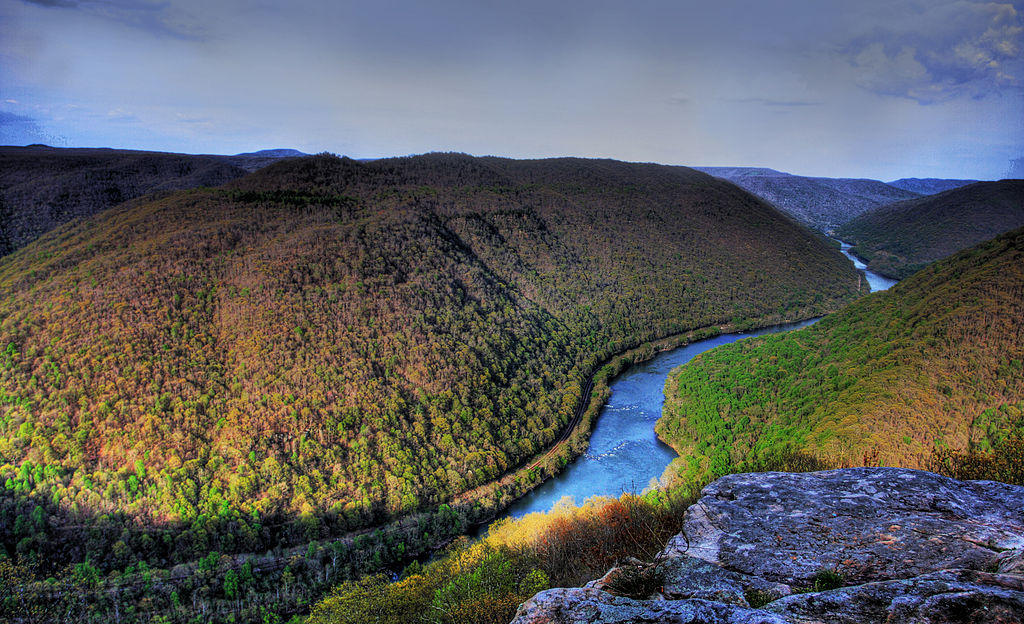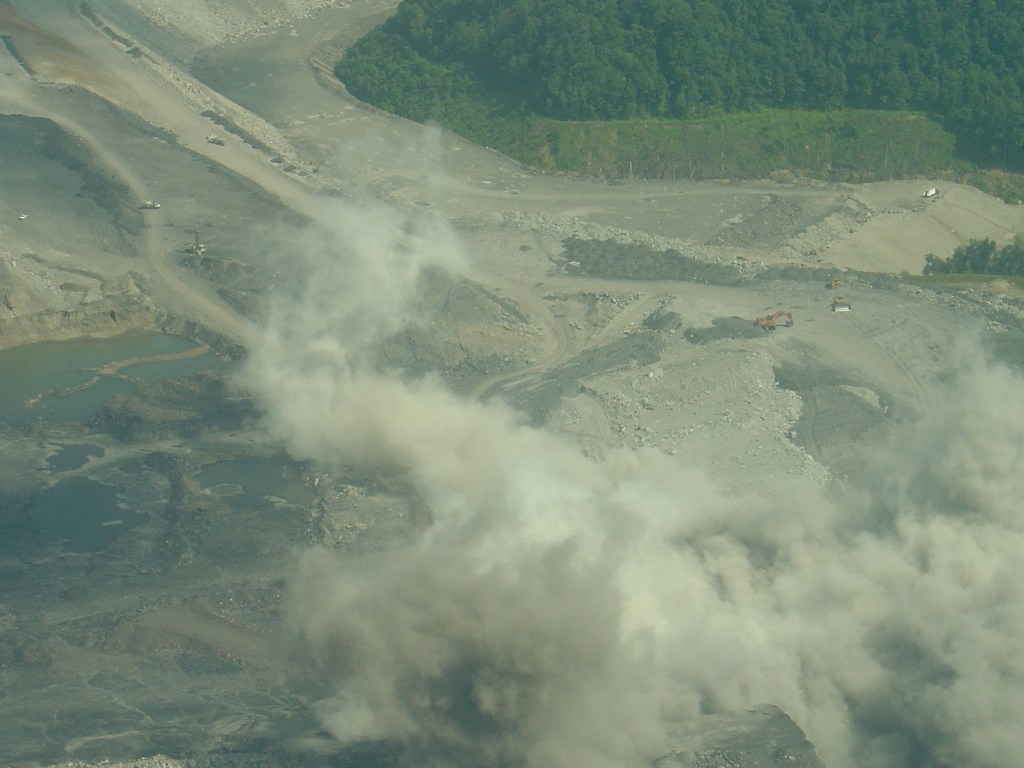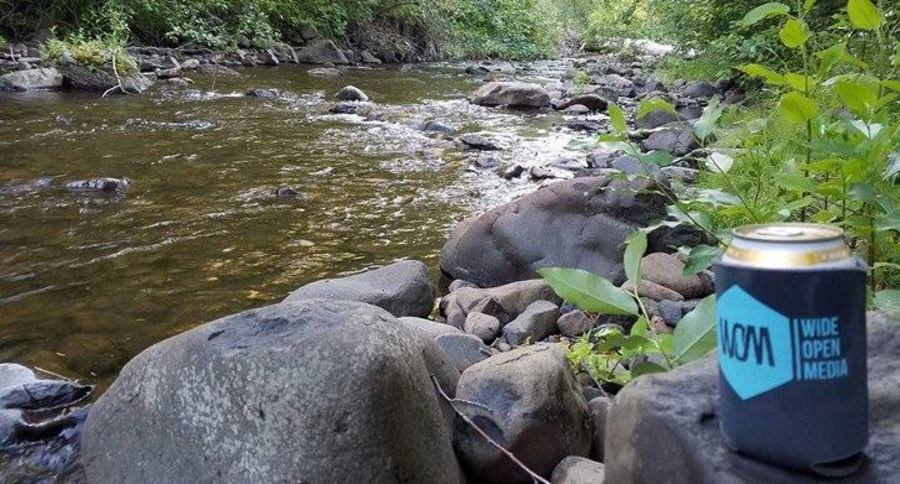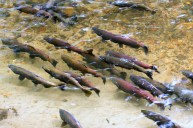Congress Passed a bill to dismantle the Stream Protection Rule, which could open the door to devastating environmental impacts.
H.J. Res. 38 was introduced into the House of Representatives on January 30th to disapprove the rule submitted by the Department of the Interior known as the "Stream Protection Rule."

New River Gorge National River, WV photo by Malik Ahamed from Colombo, Sri Lanka (WikiCommons)
The Stream Protection Rule was originally put in place during the Reagan Administration in 1983 as a means of preventing mining waste from being dumped into streams with exception to very specific, limited circumstances. The rule allowed mining activity in the buffer zone of streams only upon finding by the proper authority that the mining
"will not cause or contribute to the violation of applicable State or Federal water quality standards, and will not adversely affect the water quantity and quality or other environmental resources of the stream."
After nearly a quarter century, the Bush administration made changes to the Reagan administration's original rule, removing the two criteria related to water quality, weakening a protective standard.

Explosives being set off at a Mountaintop Removal mining operation in Eunice, WV (Photo via WikiCommons)
Contamination from coal mining operations threatens drinking water supplies in communities nationwide. The Stream Protection rule provides monitoring of toxic contaminants like lead, arsenic, selenium and manganese that create potential health risks.
Stream contamination poses additional risks to farmers and ranchers that depend on water sources for agricultural purposes.

Rep. Bill Johnson (R-OH) Sponsored the bill (photo via Congress.gov)
Members of Congress used the Congressional Review Act to take aim at the rule, finalized by the Department of the Interior in December 2016. The resolution, sponsored by Rep. Bill Johnson (R-OH) passed on Wednesday, February 1st with the house voting 228-194 to overturn the Stream Protection Rule. The bill was co-sponsored by 67 members of Congress.
House voted 228-194 to overturn Stream Protection Rule. Up to the Senate to #ProtectCleanWater. Debate starting soon. pic.twitter.com/FBDQwIOUXo
— National Parks News (@NPCA) February 1, 2017
The Stream Protection rule applied new science and technology to the existing regulations. Mountaintop removal mining and surface coal mining has devastating impacts on natural ecosystems in the Appalachian Mountain region, endangering waterways with toxic pollution produced from mining operations, or burying streams in dirt all together.
These Appalachian waterways flow through national parks including Big South Fork National River and Recreation Area, Bluestone National Scenic River and New River Gorge National River.
With the House of Representatives passing this bill, the National Parks Conservation Association urges you to contact your Senators and encourage them to oppose any resolution to repeal the Stream Protection Rule.
House failed to #ProtectCleanWater and voted to overturn Stream Protection Rule. Up to the Senate now....do the right thing!
— Natl Parks Action (@ActForParks) February 1, 2017
NEXT: GETTING STARTED IN BOWFISHING JUST GOT WAY EASIER




